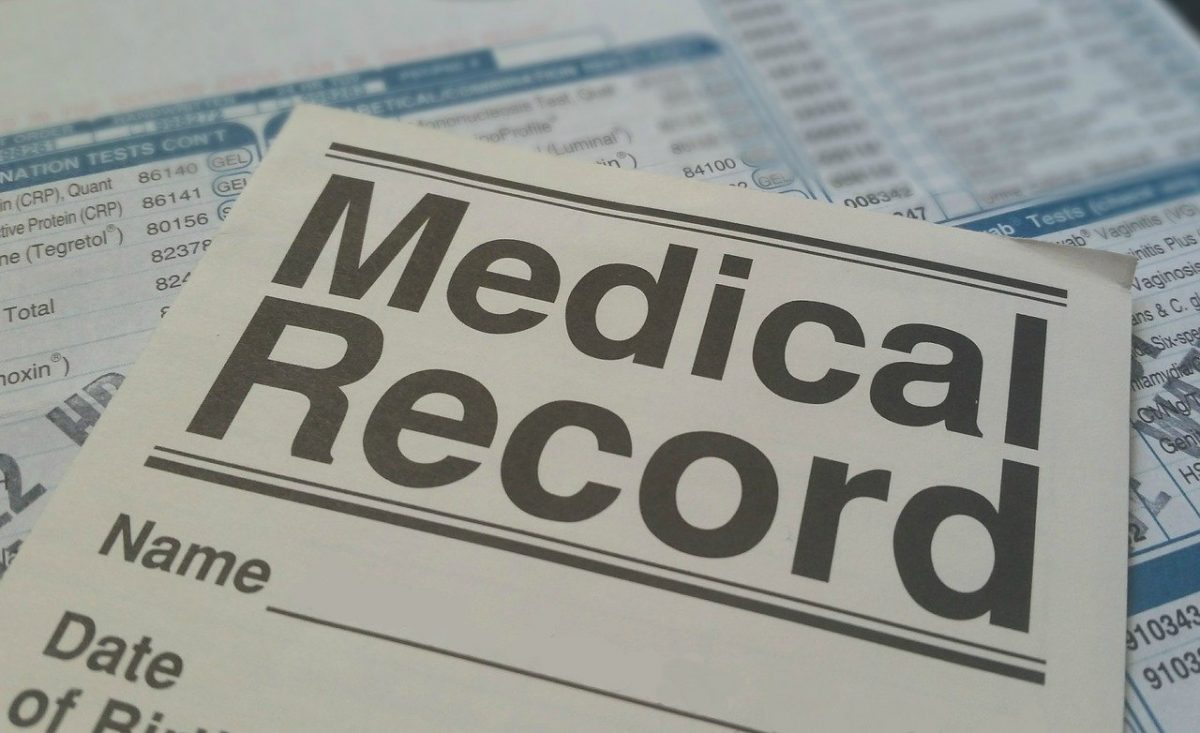A lot of people are confused about just what medical conditions and which part of their medical history they have to declare when taking out a travel insurance quote. There is a misconception that only medical conditions a person is currently taking medication for need to be declared at the point of signing up for travel insurance, but this is not true. In this article, we bust some of the myths surrounding travel insurance applications and your medical history.
Myth 1: If I declare any pre-existing health conditions it will make my travel insurance more expensive.
Although this is partly true, declaring current health conditions you are suffering from doesn’t always mean a massive hike in your travel insurance bill. It all depends on what type of illness you have, and if it is likely to require emergency treatment in the near future. This is due to the fact that the insurance company will need to make sure you are fully covered for a medical emergency, and if you do fall ill whilst abroad then won’t have to worry about paying large medical bills.
Myth 2: There’s no need to declare a condition I have recovered from
A lot of people are unaware that it is important to declare any health problems in their past even if they have fully recovered from them. Just because you are healthy now, doesn’t mean that your previous illness could not return or affect other parts of your body at a later date.
Myth 3: I don’t need to declare a one-off medical episode
Yes, you do, if that condition has been confirmed as a medical condition, even if it isn’t causing any ongoing health concerns, it is always better to be truthful in case it flares up again. Otherwise, you could be left with large medical bills should you fall ill whilst travelling and it is connected to your previous one-off medical episode.
Summary
These are the three most popular myths surrounding declaring your medical history when applying for travel insurance, and hopefully this article has made things clearer with regards to what you need to declare to avoid problems further down the line.










